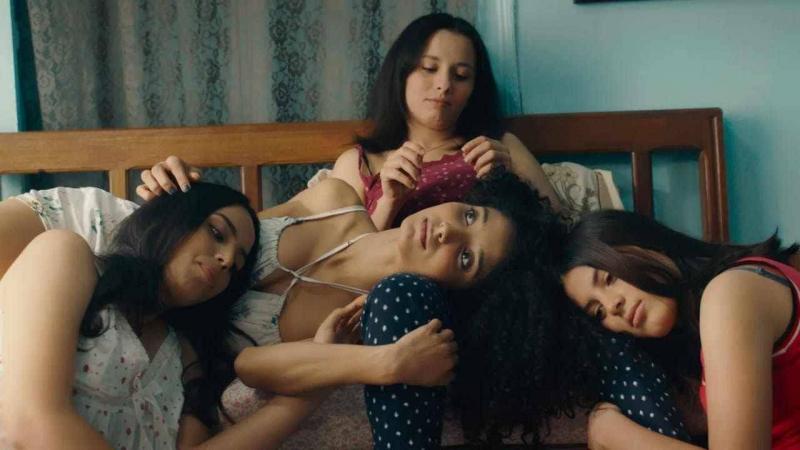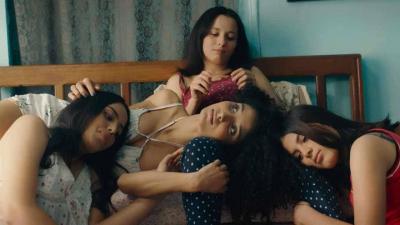The Tunisian film "Daughters of Olfa" won the award for Best Feature Documentary at the 49th French César Awards, presented annually by the Academy of Cinema Arts and Techniques for the best cinematic productions. The Tunisian Ministry of Culture announced on Saturday that such accolades support the prominence of Tunisian cinema worldwide and encourage further work, dedication, and excellence.
The ministry added that "the film has a duration of 110 minutes and is inspired by a true story, narrating the tale of a woman named Olfa who has 4 daughters. Her life changes after two of her daughters go missing, and she later discovers their involvement with terrorist groups."
"Daughters of Olfa" has received numerous international awards and won the Best Documentary Film award at the "Gotham" Awards, which celebrates independent filmmakers in New York. The film is also nominated to represent Tunisia at the Oscars in the category of Best International Feature Film. The Oscars ceremony will take place on March 10, 2024, at the Dolby Theatre in Hollywood, broadcast live to millions of viewers.
In details shared about the film, actress Hend Sabri plays the role of Olfa in some scenes. The Associated Press reports "Olfa Al-Hamrouni does not know much about her granddaughter or her favorite game, nor her favorite food. Is it the pasta that the child's mother loves, or something else? Yet, the Tunisian grandmother says, 'I do not want to know; why add more heartache?'"
The agency adds, "Currently, Olfa is only fighting for her granddaughter Fatima (8 years old), who has spent almost her entire life with her mother and aunt, having grown up in detention centers in Libya where the two women ended up after leaving home as teenagers to join 'ISIS'."
The film, directed by Kaouther Ben Hania, revolves around the radicalization of two teenage girls and provides an intimate portrayal of a family life often filled with chaos and dysfunction, as well as reflections on generational trauma, patriarchy, motherhood, and adolescence. Beyond the camera, it is more than just the story of one family.




